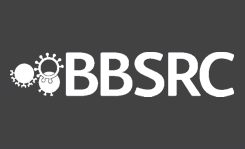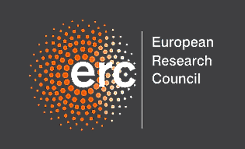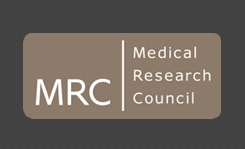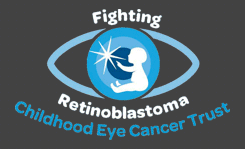

Studying the developmental biology and disease of the eye is a core activity of the Retinal Stem Cell Research group based in the Institute of Genetic Medicine at Newcastle University.
Majlinda Lako, Professor of Stem Cell Sciences, began her fascination with the process of human vision on joining the Institute of Genetic Medicine in February 2003. She was approached by the ophthalmic surgeon, Prof. Francisco Figueiredo to develop a protocol for expanding corneal epithelial stem cells from human eyes in the laboratory.
View Professor Majlinda Lako's university profile page.
The idea behind this project was to use patient's stem cells to restore the sight in patient's eyes which had been destroyed by chemical or thermal damage. Within the first three years of this collaboration, our Limbal Stem Cell Group developed a GMP compliant method to expand corneal epithelial stem cells taken from small biopsies of a patient's healthy eye (in cases where only one eye was damaged).
Following regulatory approval, we started clinical trials which enabled transplantation of these lab expanded corneal epithelial stem cells back into the damaged eye where they generated a new, healthy cornea that allowed the patient to regain most of their former visual acuity. The corneal epithelial stem cell transplantation project has generated a significant medical impact upon the lives of 33 patients to date - read a Daily Mail article about the experience of one trial patient.
Our mission is to exploit developmental, genetic and cellular information to better understand inherited and age related retinal disease and to work towards new treatments for patients with retinal disease.
Two years after the start of the limbal project the group's collaborations with healthcare provision in the North East of England was extended by the approach of Mr. David Steel, a specialist retinal surgeon from the Sunderland Eye Infirmary, whose interests included the treatment of age related macular degeneration and other inherited diseases of the human retina.
Quite apart from the potential of stem cell biology to contribute to the development of transplant based therapies for these diseases, our research interests at this time were focussing on the developmental biology of the retina and how pluripotent stem cells could be used to generate rod and cone photoreceptors. In 2007 we were awarded the first seed grant by Newcastle Healthcare Charity and were very lucky to recruit a talented and very experienced postdoctoral researcher, Dr. Carla Mellough who kick-started the process of pluripotent stem cell differentiation to retinal lineages in our group.
Within four years we published our first paper in this field (Stem Cells. 2012; 30: 673-86) and expanded our research to include generation of other retinal cell types, (for example retinal pigmented epithelial and ganglion cells) and genetic marking of specific retinal cell types through application of cutting edge in situ gene editing techniques (Stem Cells 2016; 34:311-21).
Exciting work in our group and others in early 2011 showed that pluripotent stem cells have an amazing ability to give rise to retina organoids which contain the majority of retinal cell types and are able to respond to electrophysiological stimuli (Stem Cells. 2015; 33:2416-30).
These findings opened great avenues not only for the generation of patient specific retinae for transplantation and drug discovery studies but also for disease modelling purposes, which forms a large part of our current research. Following the award of funding from the European Research Council (ERC) and several UK charities including Fight for Sight, Macular Society and Retina UK, we were able to attract a large number of talented researchers who work on various areas of our retinal project and benefit from close collaborations with clinical investigators and distinguished academic collaborators across the Tyneside Region.

Retinal Stem Cell Research
Biosciences Institute
Newcastle University, International Centre for Life, Central Parkway, Newcastle upon Tyne, NE1 3 BZ. United Kingdom
Tel: +44 (0)191 241 8688
Email: majlinda.lako@ncl.ac.uk








